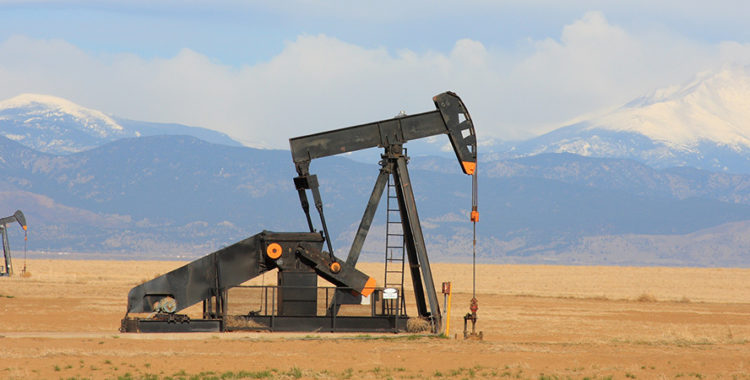Inactive Wells: Will You Be Left Holding the Bag?
Non-operators may be left holding the bag when it comes to inactive wells. In some cases where an operator files for bankruptcy, Texas law states that non-operators may be responsible for plugging an inactive well. Failure to comply with this mandate carries a litany of consequences from the Texas Railroad Commission (RRC). Inactive and abandoned wells are governed by Texas Natural Resources Code, Title 16, Part 1, Chapter 3 of the Texas Administrative Code and overseen and enforced by the RRC.
The Texas Administrative Code defines an inactive well as a well that has: “(1) for 12 consecutive months or longer, not reported production of at least (a) five barrels of oil or 50 Mcf of gas during at least three consecutive months, or (b) one barrel of oil or one Mcf of gas each month for 12 consecutive months” and “(2) is not permitted as a disposal or injection well.” 16 Tex. Admin. Code § 3.15(a)(1) (2020). The Code also distinguishes between an operator and a non-operator. An operator is any person or entity that has physical control over a well, whereas a non-operator is someone who owns a working interest in the well but is not an operator (i.e., does not physically control the well). Tex. Nat. Res §§ 89.002(a)(2), 91.142 (2020). Usually the operator is responsible for plugging an inactive well, but in the event the operator becomes insolvent, a non-operator may become responsible. Penalties for noncompliance include fines and the impairment of rights to continue future operation.
Non-operators who become responsible for plugging an inactive well are not without recourse against the insolvent operator who left them ‘holding the bag’. The Texas Natural Resource Code allows a non-operator to recover from a nonpaying operator or operators by allowing them to seek relief from the bankruptcy court as an unsecured creditor of the nonpaying operator. Tex. Nat. Res. § 89.081 (2020).
Kuiper Law Firm, PLLC specializes in Oil and Gas issues as well as bankruptcy issues. If you have any questions about how the information in this article applies to you or your business, do not hesitate to contact us.

